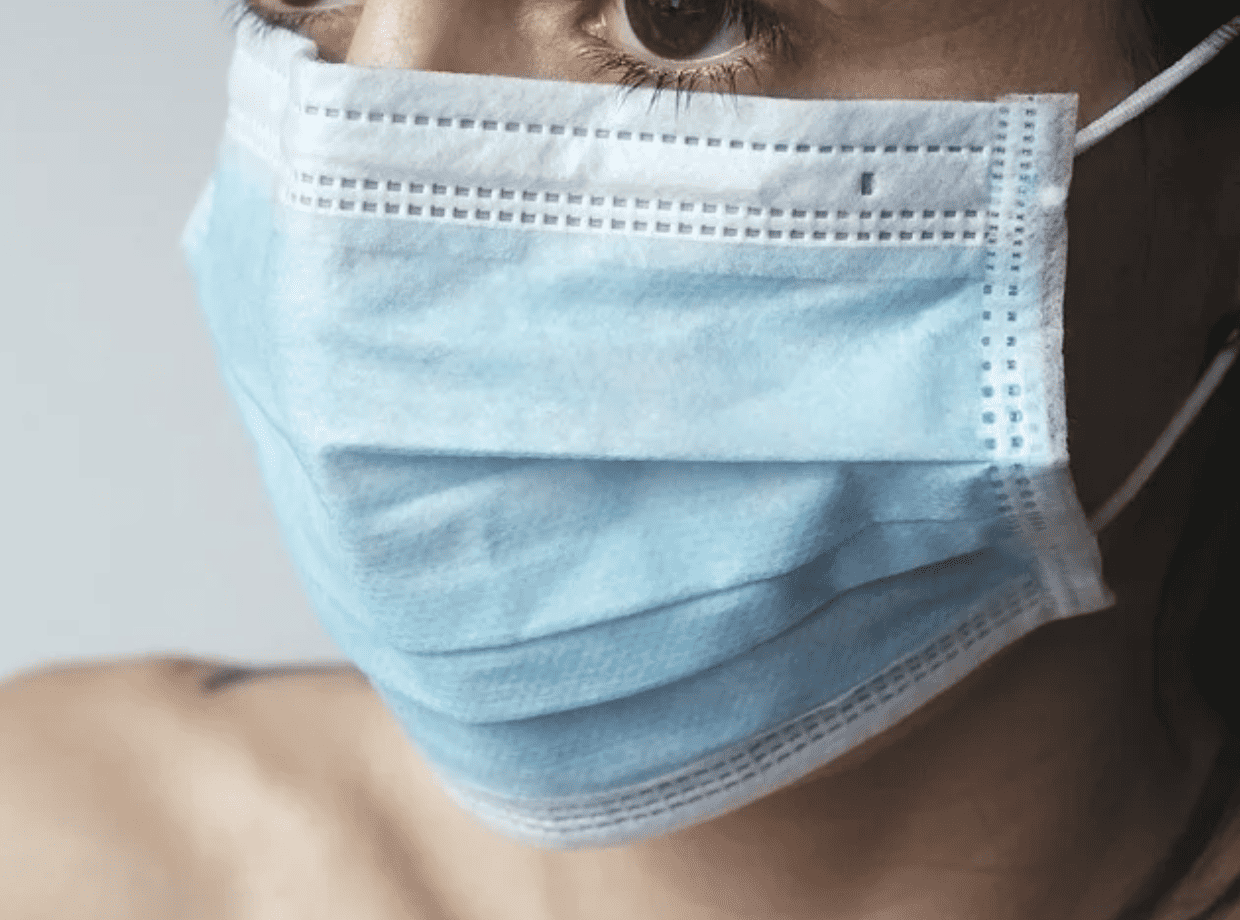According to Public Health England’s weekly coronavirus variant cases data, cases of the Indian or Delta (VOC-21APR-02) variant in the UK have risen by 5,472 since last week to 12,431.
While there is some regional variation, PHE officials says they now believe that Delta (VOC-21APR-02) has overtaken Alpha (VOC-20DEC-01; Kent) as the dominant SARS-CoV-2 variant in the UK.
PHE also noted that early evidence suggests there may be an increased risk of hospitalisation for Delta compared to Alpha, although it did stress that more data is needed to confirm this observation.
This week, 278 people with the Delta variant attended A&E, resulting in 94 people being admitted to hospital overnight. Last week, 201 people attended A&E, with 43 admissions. The majority of these had not been vaccinated.
The most affected areas remain Bolton, where cases have risen by 795 to 2149, and Blackburn with Darwen which has seen 368 new cases, bringing it to 724 in total. However, PHE said there are “encouraging signs that the transmission rate in Bolton has begun to fall and that the actions taken by residents and local authority teams have been successful in reducing spread”.
“With this variant now dominant across the UK, it remains vital that we all continue to exercise as much caution as possible. The way to tackle variants is to tackle the transmission of COVID-19 as a whole. Work from home where you can, and practice ‘hands, face, space, fresh air’ at all times,” said Dr Jenny Harries, chief executive, UK Health Security Agency.
Over half of UK adults fully vaccinated
Meanwhile, the government said that over half of UK adults have now been vaccinated with a second dose of the COVID-19 vaccine, and more than 75% of people are now vaccinated with a single dose.
Health services across the UK have now administered a total of 66,180,731 vaccines between December 8 and June 2, including 39,758,428 people with first doses (75.5%) and 26,422,303 people with both doses (50.2%).
Appointments for second doses have been brought forward from 12 to eight weeks for the remaining people in the top nine priority groups who have yet to receive both doses, to ensure people have the strongest possible protection against COVID-19.
The move follows updated advice from the independent experts at the Joint Committee on Vaccination and Immunisation (JCVI), which recommended reducing the dosing interval to counter the threat of new variants of concern.










